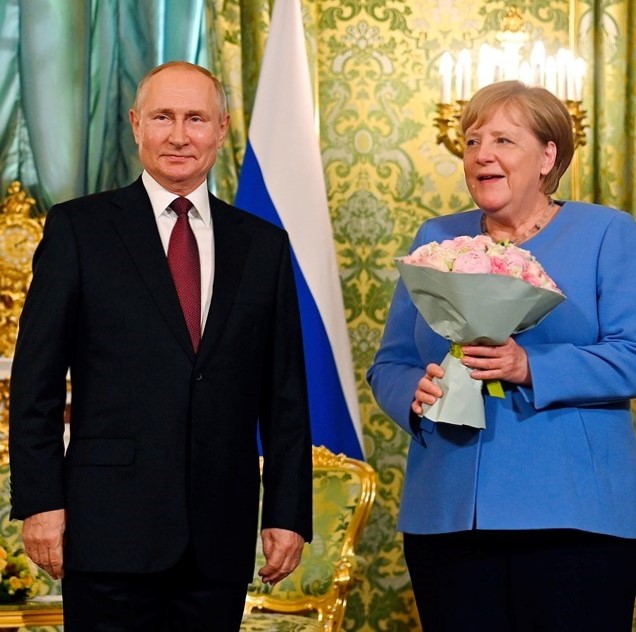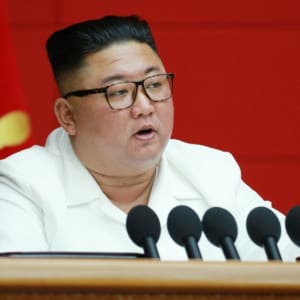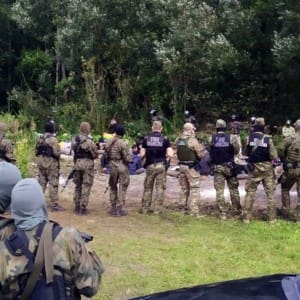For her last state visit after 16 years of governing in Germany, Angela Merkel traveled to Moscow. Just to put that visit in context, a year has passed since Alexei Navalny’s poisoning, who is currently imprisoned in a penal colony; only 15 kilometers remain until Nord Stream 2’s completion; the war with Ukraine is hanging by a thread; and a new migration crisis is building on the horizon which is being used as an element of hybrid warfare against the EU by Belarus and Russia.
Merkel’s final journey cannot be a surprise, however, and is rather a completion of Merkel’s 16 years of governing.
The flower bouquet given to her by Vladimir Putin is therefore a telling symbol.
What actually motivates German policy towards Russia? What is Berlin’s policy? It is often said that it concerns economic and in particular energy interests, recently in terms of gas supply, and now due to the EU’s energy transformation and the future production of a new hydrogen fuel. Yet, this is only a snippet of the truth.
In Moscow, Merkel called Nord Stream 2 a European project. Some may consider this to be outright mockery, but I believe that this expresses the very essence of how Berlin thinks of Russia as a foundation of its policy in Europe.
For 300 years, Berlin has been treating relations with Russia as a way of building its own position as a great power in Europe. Through the prism of these relations, Germany looks at the continent and at the Polish part of it in particular, and it plays a decisive role in Germany’s attraction to Russia.
There was only one moment in history in which this situation was different – the Cold War and Germany’s division. West Germany was the most Anglo-Saxon, and therefore Western, type of Germany in the country’s history. The unification did not have to change that but starting with Gerhard Schröder, the former strength of German-Russian attraction was once again activated and now finalized by Merkel in the moment of America’s great crisis, the UK’s departure from the EU and France’s marginalization.
There is also one more element to all of this: following 1989 it seemed that Poland and Central Europe may change the strength of German-Russian attraction which has been so fatal for Europe in the past. Today, after three decades, we should tell ourselves openly that we have suffered a total defeat in this area.
It would be good to consider the consequences of this defeat.






